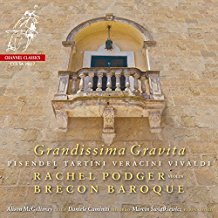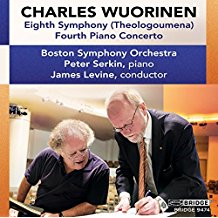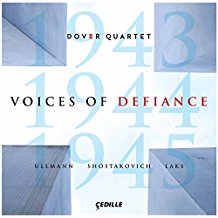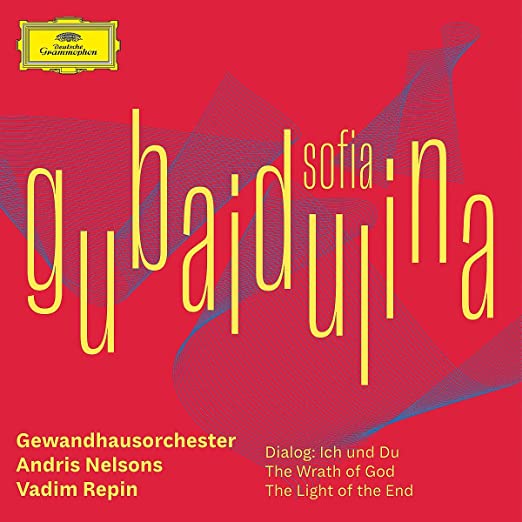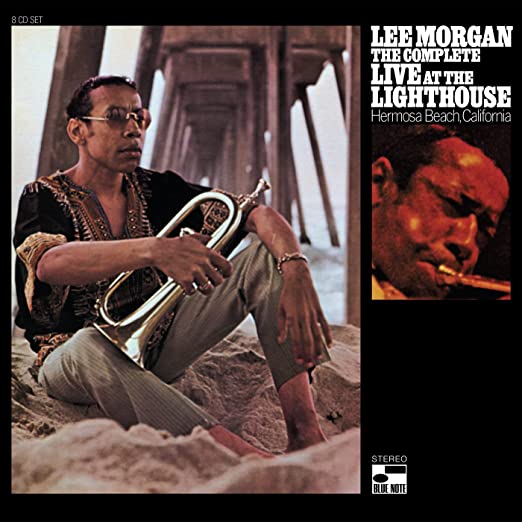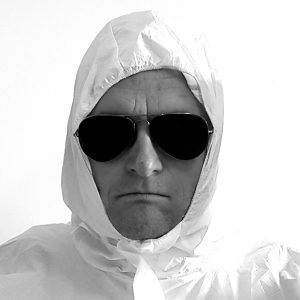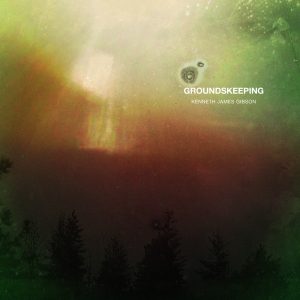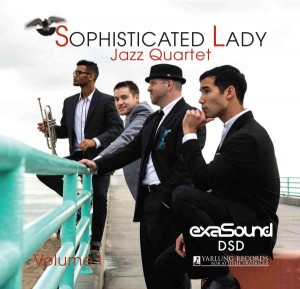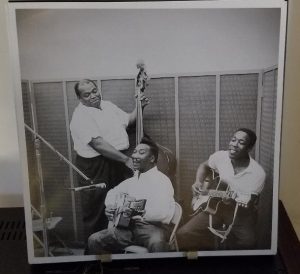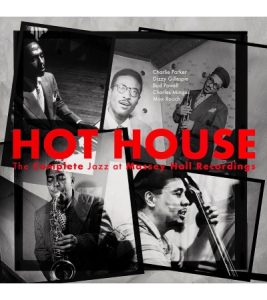Grandissimi Gravita. Violin Sonatas by Vivaldi, Tartini, Veracini, Pisendel. Rachel Podger, violin; Brecon Baroque. Channel Classics SACD. CCSSA 39217.
Snow showers! On November 13. In Western Massachusetts! And unexpectedly this album of baroque violin sonatas sounds warm and comforting that last week seemed a bit indifferent. I've learned not to underestimate the role meteorological (and other) conditions can play in how music strikes me. Rachel Podger, who has become one of the stars of the baroque violin, has been moving beyond her usual fare of late, a reward for having earned her stripes with Bach, Mozart, and Vivaldi. She is now free to sort through appealing works by lesser lights. For our pleasure. Accompanied by her usual friends these days, including the always dependable cellist, Alison Gillivray. These two musicians have a wonderful way with each other and Veracini in particular is the benefactor. This music occupies the territory where beauty and play intersect which perfectly suits Podger's performing personality. Last week this album wanted little to do with me, this week it loves me. So consider this album when the snow flies near you.
Charles Wuorinen, Eighth Symphony, Fourth Piano Concerto. Boston Symphony Orchestra. Peter Serkin, piano. James Levine, conductor. Bridge 9474.
The Class the class of 1938 has been a fruitful one: John Harbison, Joan Tower, Rzewski, Bolcom, Reich, Corigliano—and Wuorinen. I will listen to anything by American modernist, Charles Wuorinen, who may be the best of them. We always get something interestng from him, sometimes something wonderful. James Levine commissioned both of these works. When Levine was appointed Music Director of the Boston Symphony in 2002, "he stated his intention to commission a number of American modernist composers of unimpeachably accomplishment and reputation, notably Elliot Carter, Milton Babbitt, Leon Kerchner, John Harrison, and Charles Wuorinen, resulting in a number of major new works." [from the album notes]
Symphony No. 8 (2005-2006) was recorded in 2007 in Symphony Hall, Boston with Levine conducting and released just last year as part of Bridge Records' ongoing Charles Wuorinen cycle. It starts out as if the orchestra is trying to get out of a box (movement no. 1), then settles into a speculative, not to say entirely peaceful, meditation with echoes of Aaron Copland. The works's thematic source is a second or third century commentary that attempts to reconcile classical and Christian belief systems (!). I do not hear a 'program' but the first movement does seem to set the problem and dramatize the theological dilemma. The second movement seems to deepen the speculation and then the third bursts back into the style of the first, as if to say, in effect, there is no peaceful reconciliation to be found here.
Piano Concerto No. 4 (2003) with Levine again leading the BSO and Peter Serkin, whom most of us have stopped referring to as the son of Rudolf primarily because of his stunning track record performing modern music, is the soloist, was recorded in 2005. The work opens like a musical representation of Monet's Water Lilies: luminous. The second drops us into a dynamic storm of urban traffic, a wild and wonderful festival of light. Every instrument gets her voice to herself, leaving us to assemble them as an exciting and coherent listening experience. Which we do. The piano is luminous and percussive in turn. The third and final movement marries the luminous and bold and brash more completely.
There is no not loving Charles Wuorinen: many, many thanks to Bridge for this exhilarating cycle.
Voices of Defiance. Ullman, Shostakovich, Laks. Dover Quartet, Çedille CDR 90000 173.
I am conflicted over this album. I love the Dover Quartet—their Mozart release a year or so ago knocked me (and everyone else) out. This new album features the third quartets of two Holocaust composers, Viktor Ullmann (1898 - 1944) and Szymon Laks (1901 - 1983), sandwiched around Shostakovich's Quartet No. 2. The three works were composed between 1943 and 1945 and are intended to comprise a thematic musical experience, something I have always resisted because I've invariably found it distracts us from what works of music are 'supposed' to do on their own, without programmatic assistance.
So my question here, which may not be yours, is: Are these two lesser works worth listening to outside of the non-musical context in which they are presented to us? And does the Shostakovich enrich and amplify or reduce their power by its presence? Does it overwhelm them?
It is helpful that while there is some stylistic overlap, the Ullmann and Laks works don't sound much like the Shostakovich. Their emotion is more restrained. More sorrow, less anger, which helps create the drama the Dover musicians were presumably looking for. I would say the Shostakovich quartet makes the Ullmann and Laks quartets more interesting: the Dovers have forced us into a drama I was not looking for.
The Dover Quartet are absolutely wonderful musicians—this becomes clearest to me in the Shostakovich quartet which I know well. Dynamics, emotional power, definition, and an inspired sense of how to play this composer. I've heard many recordings of this work but this one has the feel of the definitive.
Great sound, by the way, as always with Çedille. This album has apparently won a lot of awards already—no surprise.
System used for this audition: Resolution Audio Cantata 3.0 CD player w/BlackJack power cord; Blue Circle 022I solid state integrated amplifier; JM Reynaud Abscissa Jubilee loudspeakers; Crimson interconnects and speaker cable; Mapleshade Samson equipment rack.
Bob Neill, a former equipment reviewer for Enjoy the Music and Positive Feedback, is proprietor of Amherst Audio in Western Massachusetts which sells equipment from Audio Note (UK), Blue Circle (Canada), Crimson (UK), Jean Marie Reynaud (France), Resolution Audio (US), and Tocaro (Germany).




